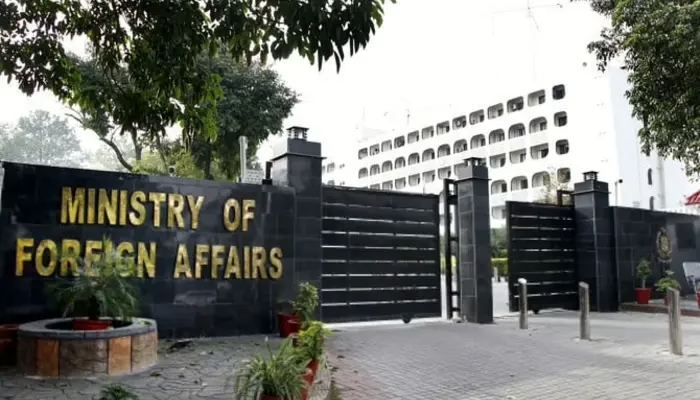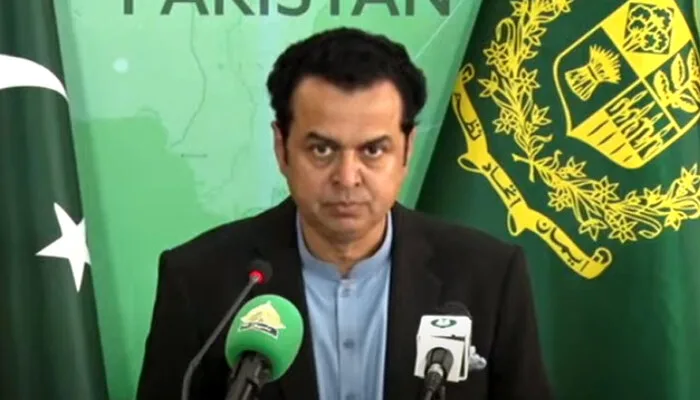
Pakistan strongly dismissed recent claims by a US official regarding its missile program, calling them “unfounded, irrational, and devoid of historical context.” The Foreign Office (FO) reaffirmed that Pakistan’s missile capabilities serve solely as a defensive deterrent, emphasizing the need for credible security measures amid evolving threats in the region.
US Sanctions Spark Controversy
The controversy began on Wednesday when the US imposed sanctions on four entities allegedly involved in Pakistan’s ballistic missile program. These sanctions were met with criticism from Pakistan’s FO, labeling them as biased and counterproductive to regional peace. Deputy National Security Adviser Jon Finer further inflamed tensions by alleging that Pakistan’s missile program could target regions “well beyond South Asia, including the US.”
Pakistan’s Firm Response
Responding to these allegations, FO spokesperson Mumtaz Zahra Baloch termed the claims as baseless and lacking evidence. She highlighted Pakistan’s historical cooperation with the US, dating back to 1954, and criticized the recent stance as detrimental to their longstanding partnership. “Pakistan has no hostile intentions toward the US,” Baloch stated, adding that the country has endured immense sacrifices for maintaining regional stability, often bearing the consequences of US policies in the region.
Strategic Stability and Regional Balance
The FO expressed concern over the selective focus on Pakistan’s missile capabilities while ignoring the more advanced missile programs of neighboring countries. Baloch accused external influences of exacerbating regional instability by undermining Pakistan’s defensive measures. She reiterated that Pakistan’s strategic capabilities aim to safeguard sovereignty and promote peace in South Asia.
“Pakistan’s right to develop credible minimum deterrence is non-negotiable,” Baloch affirmed, citing the country’s commitment to addressing dynamic security threats. She emphasized that Pakistan’s strategic program should not be misinterpreted as a threat to any other nation.
Efforts to Address US Concerns
Since 2012, Pakistan has made consistent efforts to address US concerns regarding its missile program. Successive governments have sought constructive engagement with Washington to clarify the defensive nature of Pakistan’s strategic capabilities. Baloch reiterated that Pakistan’s missile program solely targets existential threats from its neighborhood, not any distant adversary.
A Call for Constructive Dialogue
The FO expressed disappointment over attempts to associate Pakistan with adversarial roles, urging a balanced approach to security and regional stability. “Pakistan has always sought constructive dialogue with the US,” Baloch said, emphasizing the importance of mutual understanding in maintaining a positive bilateral relationship.
Pentagon’s Cautious Stance
In contrast to the White House’s confrontational tone, the Pentagon adopted a more measured approach. Spokesperson Maj Gen Pat Ryder refrained from direct criticism, underscoring the value of Pakistan as a regional partner in counterterrorism. Analysts view this as a strategic effort to preserve military-to-military ties, even amid strained political relations.
Read: PTI Expels Salman Ahmad Over Criticism of Imran Khan’s Family
Navigating a Complex Relationship
The contrasting US responses highlight the complexities of its relationship with Pakistan.
Experts warn that escalating tensions over Pakistan’s missile program could further strain bilateral ties, underscoring the need for balanced diplomacy in addressing shared security challenges.
Follow us on Google News, Instagram, YouTube, Facebook,Whats App, and TikTok for latest updates












